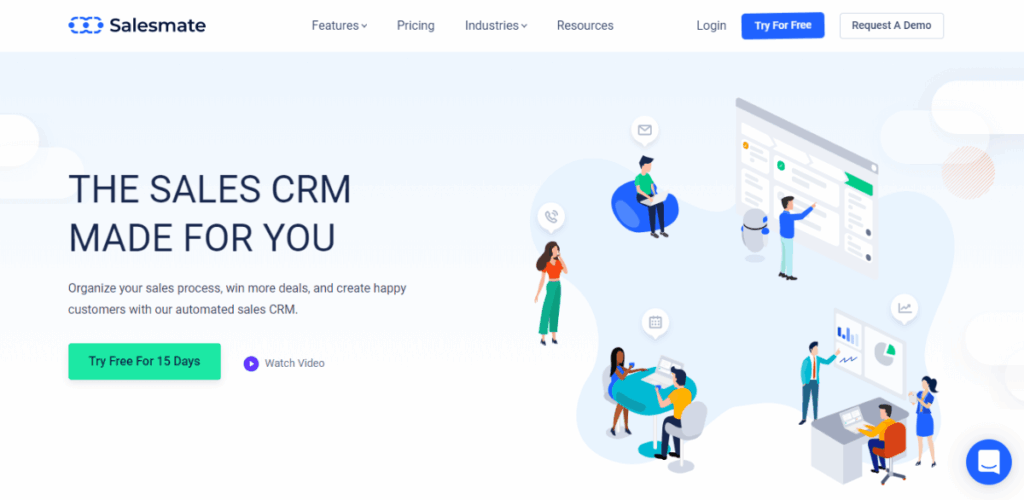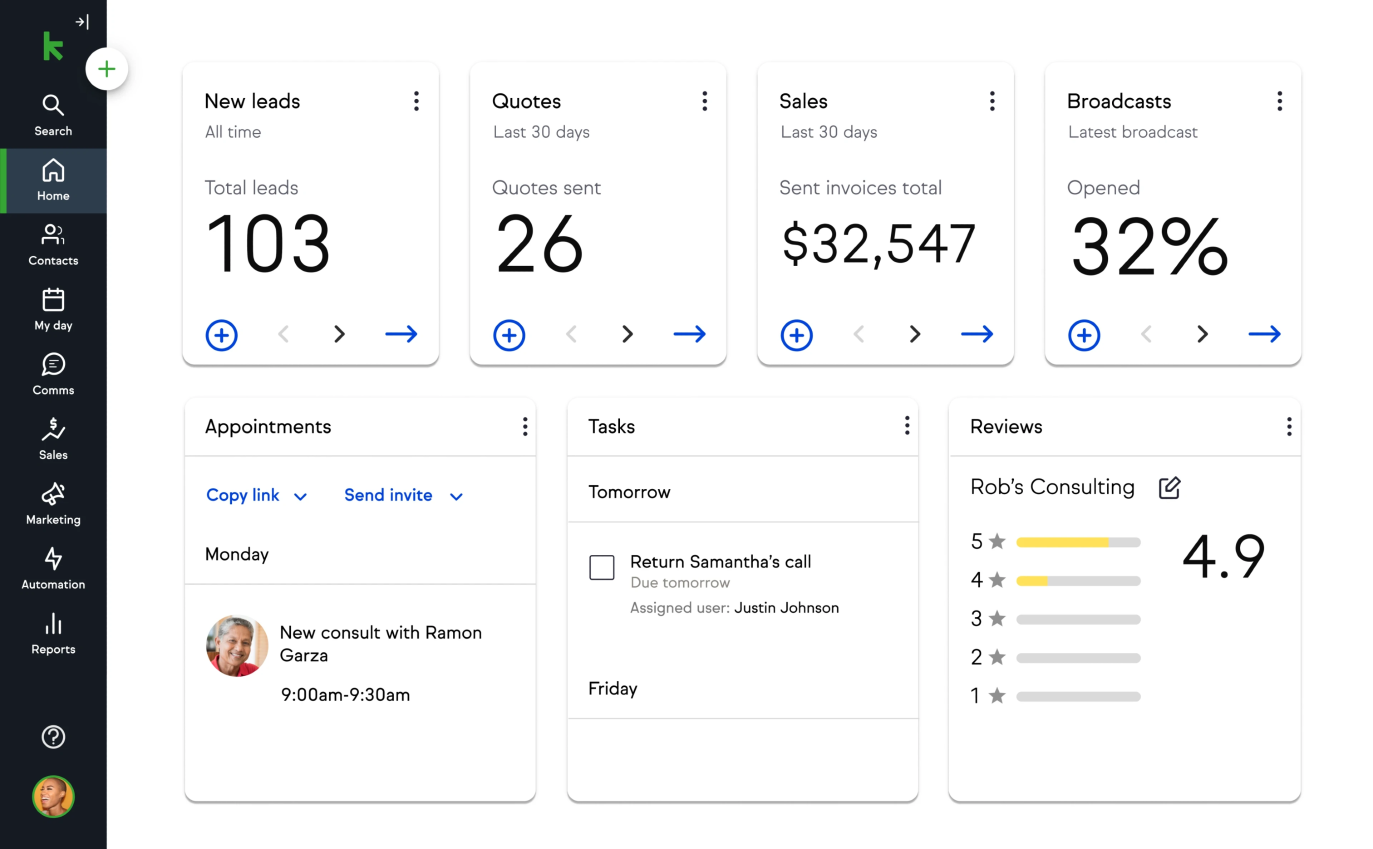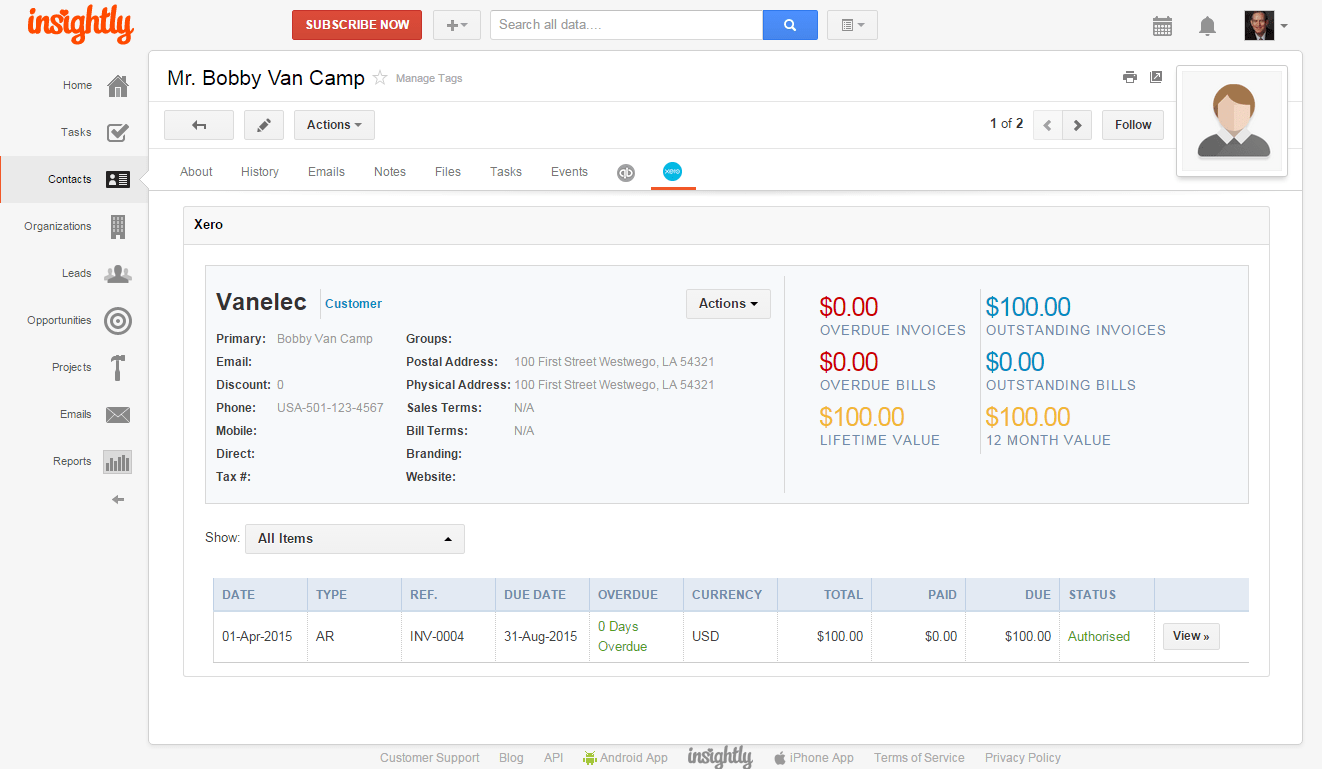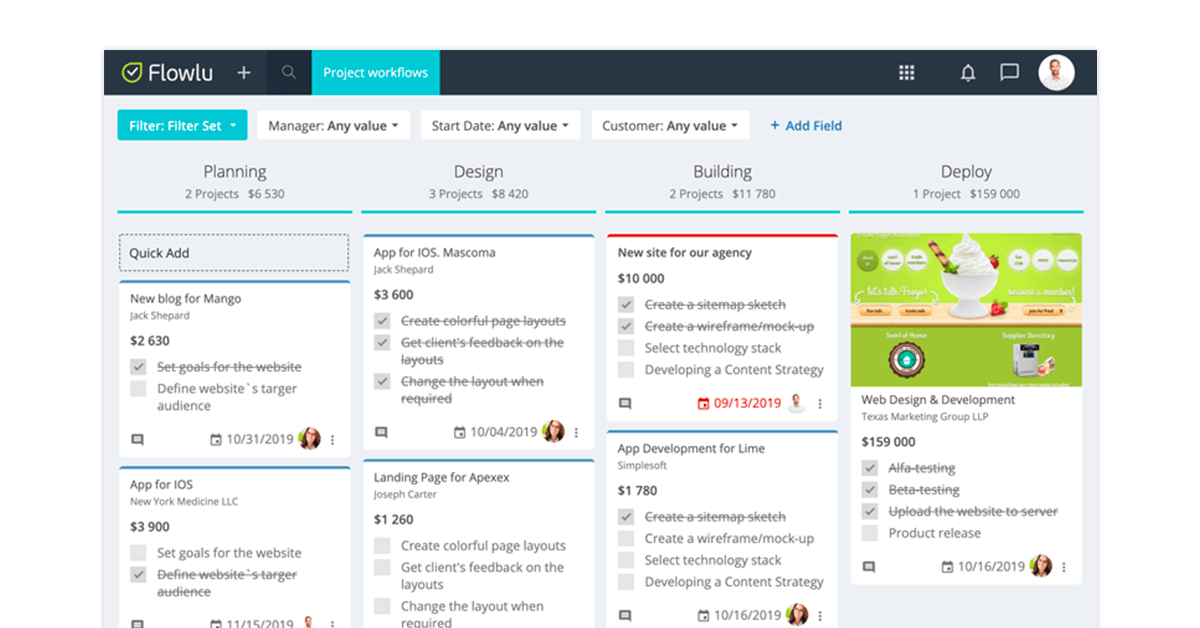Unlock Growth: The Ultimate CRM Guide for Small Online Stores (2024)

Unlock Growth: The Ultimate CRM Guide for Small Online Stores (2024)
Running a small online store is a rollercoaster. One minute you’re riding high on a wave of sales, the next you’re scrambling to keep up with customer inquiries, manage inventory, and everything in between. In the midst of all this, it’s easy to lose sight of the most important thing: your customers. That’s where a Customer Relationship Management (CRM) system comes in. It’s more than just a fancy piece of software; it’s your secret weapon for building lasting relationships, boosting sales, and scaling your business. This comprehensive guide dives deep into the world of CRM, specifically tailored for the unique needs of small online stores. We’ll explore what a CRM is, why you absolutely need one, and, most importantly, which CRM systems are the best fit for your business in 2024.
What is a CRM and Why Does Your Online Store Need One?
Let’s break down the basics. CRM stands for Customer Relationship Management. At its core, a CRM is a system that helps you manage all your interactions with current and potential customers. Think of it as a central hub where you store everything you know about your customers – their contact information, purchase history, communication logs, and even their preferences. This information is invaluable. With a CRM, you can:
- Personalize Customer Interactions: Know your customers’ names, what they’ve bought, and what they’ve shown interest in. This allows you to tailor your communication, making it feel less like a generic sales pitch and more like a friendly conversation.
- Improve Customer Service: Quickly access customer information to resolve issues, answer questions, and provide support. Happy customers are repeat customers.
- Boost Sales and Marketing Effectiveness: Segment your customer base and target specific groups with tailored offers and promotions. This leads to higher conversion rates and increased revenue.
- Streamline Sales Processes: Automate tasks like lead nurturing, follow-up emails, and order tracking, freeing up your time to focus on other aspects of your business.
- Gain Valuable Insights: Track key metrics like customer lifetime value, churn rate, and sales performance to make data-driven decisions and optimize your strategies.
For a small online store, a CRM is especially crucial. You’re likely juggling multiple roles, and a CRM can help you stay organized, efficient, and customer-focused. It’s the difference between scrambling to keep up and proactively building a thriving business.
Key Features to Look for in a CRM for Your Online Store
Not all CRMs are created equal. When choosing a CRM for your online store, consider these essential features:
- Contact Management: This is the foundation. The CRM should allow you to easily store, organize, and manage customer contact information, including email addresses, phone numbers, and physical addresses.
- Sales Pipeline Management: A visual representation of your sales process, from lead generation to deal closure. This helps you track the progress of potential customers and identify areas for improvement.
- Email Marketing Integration: Seamless integration with your email marketing platform is crucial for sending targeted campaigns, nurturing leads, and building relationships.
- Customer Segmentation: The ability to group customers based on various criteria, such as purchase history, demographics, and behavior. This allows you to personalize your marketing efforts.
- Automation: Automate repetitive tasks like sending welcome emails, follow-up reminders, and order confirmations to save time and improve efficiency.
- Reporting and Analytics: Track key metrics like sales, customer acquisition cost, and customer lifetime value to gain insights into your business performance.
- E-commerce Integration: Ideally, the CRM should integrate seamlessly with your e-commerce platform (e.g., Shopify, WooCommerce, BigCommerce). This allows you to automatically sync customer data, order information, and product details.
- Mobile Accessibility: Access your CRM data on the go with a mobile app. This is especially useful for small business owners who are always on the move.
- User-Friendly Interface: The CRM should be easy to use and navigate, with a clean and intuitive interface.
- Scalability: Choose a CRM that can grow with your business. Make sure it can handle an increasing number of customers and transactions as your online store expands.
Top CRM Systems for Small Online Stores in 2024: A Detailed Comparison
Now, let’s get down to the nitty-gritty. Here’s a breakdown of some of the best CRM systems specifically designed for small online stores in 2024, along with their key features, pros, and cons.
1. HubSpot CRM
Overview: HubSpot is a powerhouse in the CRM world, and for good reason. Their free CRM is incredibly robust, offering a wealth of features that are perfect for small businesses. It’s known for its user-friendly interface and comprehensive suite of tools.
Key Features:
- Free CRM: Includes contact management, deal tracking, task management, and email marketing.
- Sales Automation: Automate sales tasks like email follow-ups and lead nurturing.
- Marketing Automation: Create and manage email campaigns, landing pages, and forms.
- Integrations: Integrates with a wide range of apps, including e-commerce platforms like Shopify and WooCommerce.
- Reporting and Analytics: Track sales performance, website traffic, and marketing campaign results.
Pros:
- Free, Powerful Plan: The free plan is incredibly generous and offers a ton of value.
- User-Friendly Interface: Easy to learn and navigate, even for CRM beginners.
- Comprehensive Features: Offers a wide range of tools for sales, marketing, and customer service.
- Excellent Integrations: Seamlessly integrates with many popular e-commerce platforms and other tools.
- Scalability: Can grow with your business as your needs evolve.
Cons:
- Limited Free Plan: While the free plan is great, some advanced features are only available in paid plans.
- Can Be Overwhelming: The sheer number of features can be overwhelming for some users.
Ideal For: Small online stores looking for a free, feature-rich CRM with excellent integrations and scalability. It’s particularly well-suited for businesses that are just starting out or have limited budgets.
2. Zoho CRM
Overview: Zoho CRM is a versatile CRM that offers a range of plans to suit different business sizes and budgets. It’s known for its customization options and robust feature set.
Key Features:
- Contact Management: Manage customer information, track interactions, and segment your audience.
- Sales Automation: Automate sales processes, track deals, and manage your sales pipeline.
- Marketing Automation: Create and send email campaigns, manage social media, and track website activity.
- Workflow Automation: Automate tasks and processes to save time and improve efficiency.
- Integrations: Integrates with a wide range of apps, including e-commerce platforms, email marketing platforms, and social media platforms.
- Reporting and Analytics: Track key metrics, create custom reports, and gain insights into your business performance.
Pros:
- Customization Options: Highly customizable to fit your specific business needs.
- Affordable Pricing: Offers a variety of plans to suit different budgets.
- Comprehensive Features: Provides a wide range of tools for sales, marketing, and customer service.
- Strong Integrations: Integrates with a vast ecosystem of apps.
Cons:
- Can Be Complex: The extensive features and customization options can be overwhelming for some users.
- Interface is Dated: The user interface may not be as modern or intuitive as some other CRMs.
Ideal For: Small online stores that need a highly customizable and affordable CRM with a comprehensive feature set. It’s a great option for businesses that want to tailor the CRM to their specific needs.
3. Freshsales
Overview: Freshsales (formerly Freshworks CRM) is a sales-focused CRM that’s known for its user-friendly interface and powerful sales automation features. It’s a great option for small online stores that want to streamline their sales processes.
Key Features:
- Contact Management: Manage customer information, track interactions, and segment your audience.
- Sales Pipeline Management: Visualize and manage your sales pipeline, track deals, and forecast sales.
- Sales Automation: Automate sales tasks, such as email follow-ups, task creation, and deal updates.
- Built-in Phone and Email: Make calls and send emails directly from the CRM.
- Reporting and Analytics: Track key sales metrics and gain insights into your sales performance.
- E-commerce Integration: Integrates with popular e-commerce platforms like Shopify.
Pros:
- User-Friendly Interface: Easy to learn and navigate, with a clean and intuitive design.
- Powerful Sales Automation: Automate sales tasks to save time and improve efficiency.
- Built-in Phone and Email: Provides a seamless communication experience.
- Affordable Pricing: Offers a variety of plans to suit different budgets.
- Excellent E-commerce Integration: Integrates seamlessly with popular e-commerce platforms.
Cons:
- Less Focus on Marketing: Not as strong on marketing automation as some other CRMs.
Ideal For: Small online stores that want a sales-focused CRM with a user-friendly interface and powerful sales automation features. It’s a great option for businesses that want to streamline their sales processes and improve their sales performance.
4. Pipedrive
Overview: Pipedrive is a sales-focused CRM designed to help sales teams manage their deals and close more sales. It’s known for its visual pipeline management and focus on sales activities.
Key Features:
- Visual Sales Pipeline: A clear and intuitive visual representation of your sales pipeline.
- Deal Management: Track deals, manage activities, and move deals through your pipeline.
- Sales Automation: Automate sales tasks, such as email follow-ups and task creation.
- Activity Tracking: Track your sales activities, such as calls, emails, and meetings.
- Integrations: Integrates with a variety of apps, including email marketing platforms and other sales tools.
- Reporting and Analytics: Track key sales metrics and gain insights into your sales performance.
Pros:
- Visual Sales Pipeline: Easy to visualize and manage your sales pipeline.
- Focus on Sales Activities: Helps you focus on the activities that drive sales.
- User-Friendly Interface: Easy to learn and navigate.
- Strong Integrations: Integrates with a variety of apps.
Cons:
- Less Focus on Marketing: Not as strong on marketing automation as some other CRMs.
- Limited Free Plan: The free plan is limited in features and users.
Ideal For: Small online stores that want a sales-focused CRM with a visual pipeline and a focus on sales activities. It’s a great option for businesses that want to improve their sales process and close more deals.
5. Agile CRM
Overview: Agile CRM is a comprehensive CRM that offers a range of features for sales, marketing, and customer service. It’s known for its all-in-one approach and affordable pricing.
Key Features:
- Contact Management: Manage customer information, track interactions, and segment your audience.
- Sales Automation: Automate sales tasks, such as email follow-ups and task creation.
- Marketing Automation: Create and send email campaigns, manage social media, and track website activity.
- Customer Service: Manage customer support tickets and provide excellent customer service.
- Integrations: Integrates with a wide range of apps, including e-commerce platforms, email marketing platforms, and social media platforms.
- Reporting and Analytics: Track key metrics and gain insights into your business performance.
Pros:
- All-in-One Approach: Offers a comprehensive suite of features for sales, marketing, and customer service.
- Affordable Pricing: Offers a variety of plans to suit different budgets.
- Strong Integrations: Integrates with a vast ecosystem of apps.
- User-Friendly Interface: Easy to learn and navigate.
Cons:
- Can Be Overwhelming: The sheer number of features can be overwhelming for some users.
- Limited Free Plan: The free plan is limited in features and users.
Ideal For: Small online stores that want an all-in-one CRM with a comprehensive feature set and affordable pricing. It’s a great option for businesses that want to manage their sales, marketing, and customer service from a single platform.
Choosing the Right CRM: A Step-by-Step Guide
Choosing the right CRM can feel like a daunting task. Here’s a step-by-step guide to help you make the right decision:
- Define Your Needs: What are your specific goals for using a CRM? What are your biggest pain points? What features are essential for your online store?
- Assess Your Budget: How much are you willing to spend on a CRM? Consider both the monthly subscription cost and any implementation costs.
- Research Different CRMs: Read reviews, compare features, and explore different CRM options. Use the information above as a starting point.
- Consider Integrations: Does the CRM integrate with your existing e-commerce platform, email marketing platform, and other essential tools?
- Test Drive the CRM: Many CRMs offer free trials or demos. Take advantage of these to test the platform and see if it’s a good fit for your business.
- Get Feedback from Your Team: Involve your team in the decision-making process. Get their input on which CRM is the easiest to use and best meets their needs.
- Make a Decision and Implement: Once you’ve chosen a CRM, implement it and train your team on how to use it.
- Monitor and Optimize: Regularly monitor your CRM usage and make adjustments as needed. Optimize your processes and workflows to get the most out of your CRM.
Tips for Successful CRM Implementation
Implementing a CRM is just the first step. Here are some tips to ensure a successful implementation:
- Data Migration: If you’re migrating data from an existing system, plan your data migration process carefully. Ensure that your data is clean, accurate, and properly formatted.
- Training: Provide adequate training to your team on how to use the CRM.
- Customization: Customize the CRM to meet your specific business needs.
- Automation: Take advantage of automation features to streamline your processes.
- Regular Use: Encourage your team to use the CRM regularly. Make it a part of your daily workflow.
- Data Integrity: Regularly review and update your data to ensure its accuracy.
- Feedback and Iteration: Gather feedback from your team and make adjustments to your CRM setup as needed.
The Benefits of Using a CRM for Your Online Store: Beyond the Basics
We’ve touched on the core benefits, but let’s delve deeper into how a CRM can revolutionize your online store:
- Improved Customer Retention: By understanding customer behavior and preferences, you can proactively address their needs and prevent churn. Personalized offers, proactive customer service, and timely follow-ups are all made possible with a CRM.
- Increased Customer Lifetime Value (CLTV): CLTV is the predicted revenue a customer will generate throughout their relationship with your business. A CRM helps you nurture relationships, leading to repeat purchases and increased CLTV.
- Enhanced Marketing ROI: CRM data allows you to target your marketing efforts more effectively. You can segment your audience, personalize your messaging, and track the performance of your campaigns.
- Better Sales Forecasting: With a CRM, you can track your sales pipeline, identify potential bottlenecks, and forecast future sales with greater accuracy.
- Improved Team Collaboration: A CRM provides a centralized platform for your team to share information and collaborate on customer interactions. This ensures that everyone is on the same page and provides a consistent customer experience.
- Competitive Advantage: In today’s competitive e-commerce landscape, a CRM can give you a significant edge. By providing a better customer experience, you can differentiate your business and build a loyal customer base.
E-commerce CRM: Key Integrations to Look For
The true power of a CRM for an online store is unlocked through seamless integration with your existing e-commerce ecosystem. Here are the key integrations to prioritize:
- E-commerce Platform Integration: This is non-negotiable. Your CRM should integrate directly with your e-commerce platform (Shopify, WooCommerce, BigCommerce, etc.) to automatically sync customer data, order details, and product information.
- Email Marketing Platform Integration: Integrate with your email marketing platform (Mailchimp, Klaviyo, Constant Contact, etc.) to sync customer lists, trigger automated email campaigns, and track email performance within your CRM.
- Payment Gateway Integration: While not always a direct integration, ensure your CRM works well with your payment gateway (Stripe, PayPal, etc.) to track transactions and payment history.
- Help Desk/Customer Support Integration: Integrate with your help desk software (Zendesk, Help Scout, etc.) to centralize customer support tickets and provide a unified view of customer interactions.
- Social Media Integration: While not all CRMs offer deep social media integration, look for the ability to connect your social media accounts to track social interactions and manage social media campaigns.
- Shipping and Fulfillment Integration: Integrate with your shipping provider (ShipStation, Shippo, etc.) to track order fulfillment and provide customers with real-time shipping updates.
- Accounting Software Integration: Integrate with your accounting software (QuickBooks, Xero, etc.) to streamline financial reporting and track sales revenue.
Avoiding Common CRM Mistakes
Even with the best CRM, you can stumble. Here’s how to avoid common pitfalls:
- Not Defining Clear Goals: Before implementing a CRM, define your specific goals. What do you want to achieve? Without clear goals, you won’t be able to measure your success.
- Poor Data Quality: Garbage in, garbage out. Ensure your data is clean, accurate, and up-to-date.
- Lack of User Adoption: If your team doesn’t use the CRM, it’s useless. Provide adequate training and encourage regular use.
- Over-Customization: Don’t over-customize your CRM. Focus on the features that are essential for your business.
- Ignoring Customer Feedback: Regularly gather feedback from your customers and use it to improve your CRM processes.
- Not Integrating with Other Tools: Failing to integrate your CRM with your other business tools limits its effectiveness.
- Not Measuring Results: Track your key metrics to measure your CRM’s performance and identify areas for improvement.
The Future of CRM for Small Online Stores
The CRM landscape is constantly evolving. Here’s what you can expect in the future:
- AI-Powered CRM: Artificial intelligence will play an increasingly important role in CRM, automating tasks, providing insights, and personalizing customer interactions.
- Hyper-Personalization: CRMs will enable businesses to provide even more personalized experiences, tailoring their communication and offers to individual customer preferences.
- Omnichannel Experiences: CRMs will integrate with a wider range of channels, allowing businesses to provide seamless customer experiences across all touchpoints.
- Increased Focus on Mobile: Mobile CRM apps will become even more sophisticated, providing users with access to all the features they need on the go.
- Greater Integration: CRMs will integrate with an even wider range of business tools, creating a more connected ecosystem.
The future is bright for CRM in the e-commerce world. By embracing these trends, you can stay ahead of the curve and build a thriving online store.
Conclusion: Embrace the Power of CRM
Choosing the right CRM is an investment in your online store’s future. It’s about more than just managing customer data; it’s about building relationships, driving sales, and creating a loyal customer base. By understanding the key features, comparing the top CRM systems, and following the tips in this guide, you can find the perfect CRM to unlock growth and take your small online store to the next level. Don’t delay; start exploring the world of CRM today and see the difference it can make!





